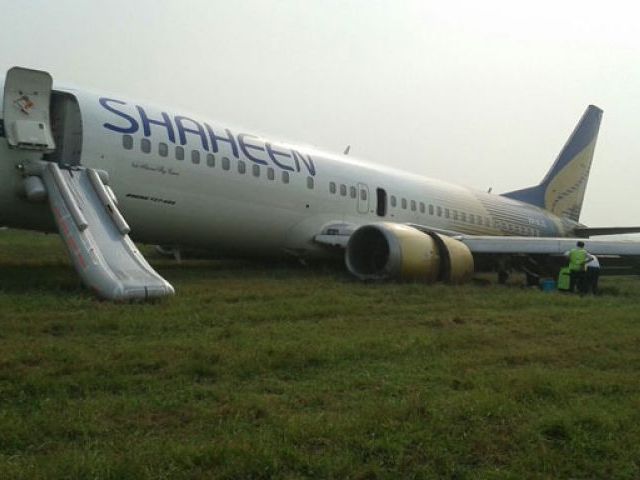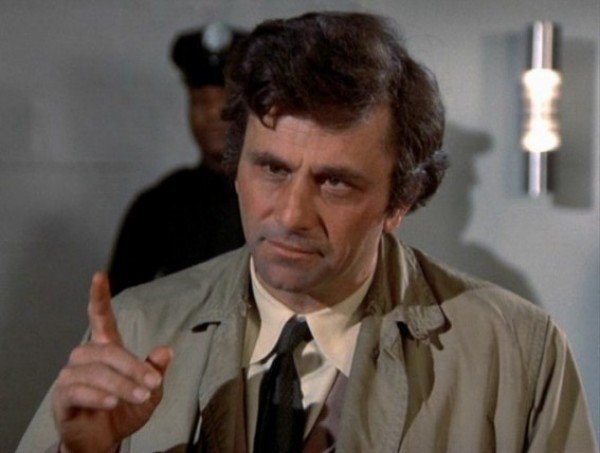Witnesses are notoriously unreliable, if I remember my
@MikeD seminars correctly. With that said, there's also a comment, which I can't be arsed to dig up right now, by an "unnamed official" in one of those CNN stories which says something along the lines of "we think it was a mechanical failure". Which is, of course, a totally ridiculous thing to hang one's hat on at this point (just like the rest of this thread). But just imagine, for a second, if something broke on the airplane (seems unlikely...Hawkers don't "just break", but bear with me). Just imagine that possibility, which is very real, since no one has any real idea WTF happened. Then imagine the number of crows you'd have to gun down to provide a meal for everyone who just had to put their oar in the water in this thread. Jesus, they'd be an endangered species!
As someone with first hand experience as an on-scene investigator and pilot board member and Investigating Officer on a number of Class A/B/C accidents/mishaps (both team as well as single investigator), I've interviewed and vetted numerous witnesses both against one another as well as against factual evidence, and worked the cases through conclusion and final report publication; I keep an open mind to things, both within reason, as well as without reason just in the chance that there maybe something there along those lines.
Witnesses are not necessarily reliable or unreliable....it all really depends.
Regarding witness interview and vetting, the one thing a competent investigator does is you go into
every interview with NO preconceived notions about the person you are interviewing. You take what they state and class it for what it is: a witness account. At that point, it's a neutral accounting, neither pro nor con towards the investigation itself. Witness statements are then compared against known facts for information that may match or support; as well as against one another for basic items that may match or have similarity, since witness accounts are rarely ever the exact same. Granted, in the past, pilots have been some of the best
as well as some of the worst witnesses I've had towards an accident, depending. I DO NOT assume confirmation bias off the bat (in an investigation, you assume nothing anyway) , nor do I assume the person doesn't have the experience to know what they're talking about. You never do, as that's
very poor investigative technique. I also do not ever attempt to drive or steer one's testimony, being careful to ask questions that are neutral enough to get any clarification I need regarding their observations, but not pointed enough to put ideas into someone's head that weren't there, thus tainting their observations. The problem I have with those who automatically write off witness testimony as confirmation bias or the flip side, the witness not knowing enough of what they're talking about; is that you don't know what you're dealing with
until the information is vetted. Secondly, many use these same excuses to simply dismiss particular witness testimony offhand without even doing a vetting process. Have seen that happen before. Doing this is a disservice, because where does it end? It can be applied to any professional, anywhere. One could easily say one person is suffering confirmation bias for their observation of one thing, just as easily as it could be applied for anyone else believing another thing. .
In witness interviews, it's noted what the particular background of the witness is; but more importantly, the question will be, and the litmus test I strive for in my interviews is:
Does what the witness describe or answer any of the following:
1. Does their observation match with any
known factual evidence?
2. Does their observation refute or rule out any suspected or unknown causal factors?
3. Does their observation open up previously unknown factors or evidence that either have not yet been discovered, or have only been suspected?
4. Is their observation close, somewhat close, or not close at all; to the observations of other witnesses? What details and why?
Witness observations can either be very good, or very bad, and everything in between; so they need to be matched against the above questions. With non-experienced witnesses, the challenge is deciphering what they saw exactly in
lay terms, and converting that into useful aviation information accurately. With experienced witnesses, the challenge is to ensure that they're telling you
only what they saw, NOT what they think they saw because due to their experience, their mind "filled in the blanks". I need observations only, not conclusions from them during the interview; afterwards I listen to and note whatever else they have to say or think on the incident separately.
The BL is, witnesses shouldn't be completely discounted, nor should they be completely praised as totally accurate. They are simply a form of oral/visual evidence. That evidence....their testimony.......HAS to be matched against the 4 questions I posted above. Doing that, again, they may be extremely accurate, may be somewhat accurate, or may be totally inaccurate. Or....as I've experienced before.......you may get different "puzzle pieces" from different witnesses who saw different parts of the same event, or saw things from a different geographical perspective that another didn't, and that can either corroborate or refute testimony or even other suspicions/hunches.
As I said, there have been times when something a witness said in an interview, led investigators down a path they hadn't considered, because physical evidence had not yet been discovered along that path yet. So witnesses just need to be compared to the above 4 questions.


